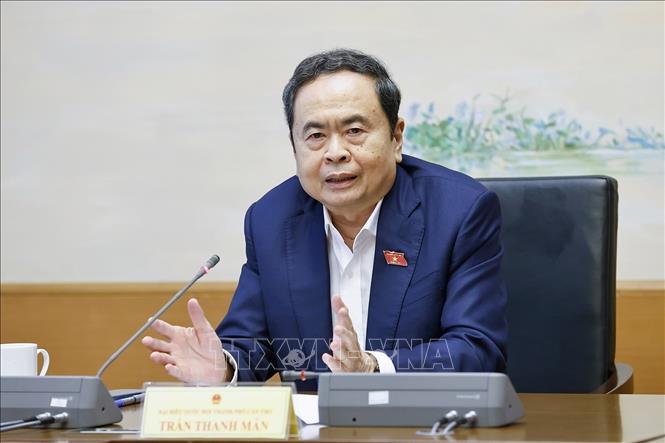
Speaking at the meeting, National Assembly Chairman Tran Thanh Man assessed that the 2017 Law on Public Debt Management has created positive changes in State management of public debt. However, according to the National Assembly Chairman, it is necessary to amend the Law on Public Debt Management comprehensively, following a simplified process and procedure at this session to implement decentralization and delegation of power in line with related laws, promote administrative procedure reform, and accelerate the implementation of projects with foreign loans. In particular, in the context of implementing two-level local government, many ODA projects are at the commune level. The amendment of the law also aims at transparency, publicity, proactiveness, and efficiency in public debt management.
Basically, the agency in charge of the review agreed with many contents in the draft Law on: public debt classification, principles of public debt management, contents of decentralization and delegation of authority to the Prime Minister and the Ministry of Finance in some tasks of debt management, enhancing the initiative and responsibility of local authorities in deciding and using the budget.
Regarding the provisions on the allocation and use of ODA capital and foreign preferential loans, the draft Law supplements the provisions: The Government shall prescribe the cases of allocation to the People's Committees of provinces and public service units. The National Assembly Chairman suggested that during the implementation process, the Government must strictly prescribe the conditions for allocation, the allocation rate, and assess the impact on the central budget.
Noting that localities may propose larger foreign loans, while the burden of debt obligations is concentrated in the central budget, the National Assembly Chairman suggested that it is necessary to strengthen the monitoring and sanctioning mechanism, ensure strict management, and effective use of loan capital allocated to localities.
Regarding the method of ODA capital lending, the draft Law supplements regulations in the direction that commercial banks re-lend to public service units in the form of lending agencies not bearing credit risks (Clause 2, Article 35); re-lend to enterprises to invest in programs and projects on the State's priority investment list in the form of lending agencies bearing part of the credit risks (Clause 4, Article 35).
The National Assembly Chairman requested a thorough assessment of the impact of these contents. In the case of re-lending without taking on credit risks, it could lead to lax procedures for evaluating borrowers, which could create major risks that are concentrated entirely on state agencies. "In reality, this has happened. Lending is not linked to efficiency, and the lending bank is irresponsible in monitoring the loan, affecting the ability to repay the loan and public debt safety. The most frightening thing is borrowing this amount but investing it in something else, and the bank lacks guidance on inspection and monitoring procedures," the National Assembly Chairman pointed out.
The National Assembly Chairman requested clarification on how the responsibilities of commercial banks are regulated by law in the event of a loan default. If the law is not suitable, the Government should provide guidance and issue a decree.
Regarding the issuance of Government guarantees, the draft Law amends the conditions for issuing Government guarantees in the direction that the Ministry of Finance does not appraise financial plans but only relies on the appraisal results of a number of credit institutions.
Pointing out that such a process does not clearly demonstrate the responsibility of the guarantee-issuing agency, the National Assembly Chairman suggested clarifying the creation of additional intermediate levels, increasing administrative procedures, responsibilities and obligations of credit institutions appraising financial plans; and considering clearer regulations on the responsibility of the appraisal agency deciding to issue Government guarantees.
The issue of ODA loans and foreign preferential loans is of interest to many National Assembly deputies and has received comments. Deputy Le Minh Nam (Can Tho) said that for subsidiaries of enterprises with 100% charter capital held by the State, when borrowing ODA capital, they must still go through the parent company as the focal point for management and control. This is not only an issue related to the responsibility for ODA loans but also related to the operation and financial management of subsidiaries.
The delegate emphasized that the regulation that the parent company is the focal point for proposing loans also helps the focal point to focus on managing, operating, and operating the enterprise, implementing the goals, policies, and directions assigned to the enterprise. In addition, the implementation process shows that some foreign lenders are also interested in the parent company as the borrower, so the regulation that the parent company is the focal point will ensure more strictness and efficiency.
Delegate Nguyen Manh Hung (Can Tho) proposed that there should be regulations to prioritize ODA capital sources for the fields of science and technology, innovation, digital transformation, special public investment projects, key large-scale projects that change the situation and are turning points to help us have a foundation and driving force for development. The delegate also proposed to allow research on regulations on capital withdrawal and disbursement through the Ministry of Finance's online public investment information portal or the National Public Service Portal to ensure transparency and reduce paperwork and administrative procedures.
Regarding the draft Law amending and supplementing a number of articles of the Law on Insurance Business, delegates agreed with the regulation that individuals are not allowed to act as insurance agents for many insurance companies at the same time; agreed with the amendment of Article 154 on specialized inspection and examination of insurance business activities, demonstrating the orientation of innovating state management methods, shifting the focus from pre-administrative inspection to post-inspection based on risks. The post-inspection mechanism allows the concentration of monitoring resources on areas and businesses with high risk levels, while reducing the burden of administrative procedures for businesses.
However, delegate Nguyen Thi Lan Anh (Lao Cai) commented that the current regulations are only at the principle level, not clearly stating the process, selection criteria, frequency, methods and responsibilities in post-audit implementation, causing difficulties in application. Therefore, the Drafting Committee needs to supplement regulations on the post-audit implementation mechanism including the principles of selecting subjects, basic processes, responsibilities of the hired organization and the mechanism for announcing results; assign a specific competent authority to provide detailed instructions on the method and frequency of implementation.
Source: https://baotintuc.vn/thoi-su/kiem-soat-chat-che-viec-cap-phat-cho-vay-lai-von-oda-20251103142341417.htm


![[Photo] Lam Dong: Close-up of illegal lake with broken wall](https://vphoto.vietnam.vn/thumb/1200x675/vietnam/resource/IMAGE/2025/11/03/1762166057849_a5018a8dcbd5478b1ec4-jpg.webp)
![[Photo] Fall Fair 2025 and impressive records](https://vphoto.vietnam.vn/thumb/1200x675/vietnam/resource/IMAGE/2025/11/03/1762180761230_ndo_br_tk-hcmt-15-jpg.webp)
![[Photo] Prime Minister Pham Minh Chinh receives the Chairman of the Japan-Vietnam Friendship Association in the Kansai region](https://vphoto.vietnam.vn/thumb/1200x675/vietnam/resource/IMAGE/2025/11/03/1762176259003_ndo_br_dsc-9224-jpg.webp)


![[Photo] General Secretary To Lam receives Singaporean Ambassador Jaya Ratnam](https://vphoto.vietnam.vn/thumb/1200x675/vietnam/resource/IMAGE/2025/11/03/1762171461424_a1-bnd-5309-9100-jpg.webp)
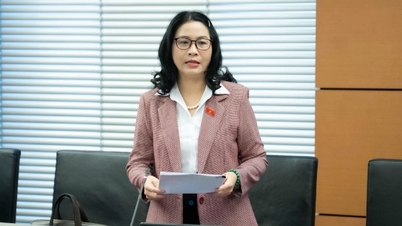



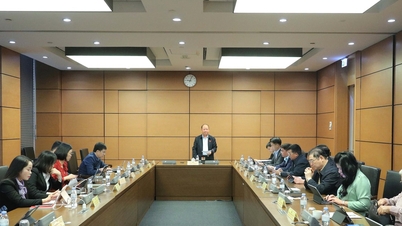


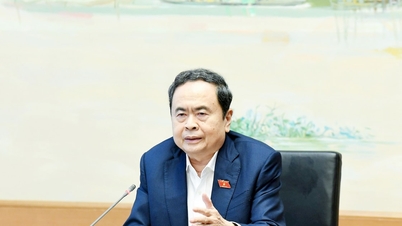



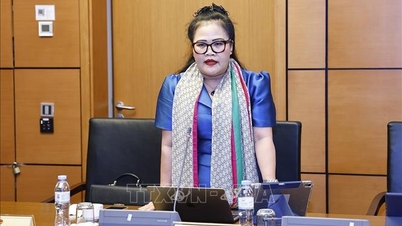
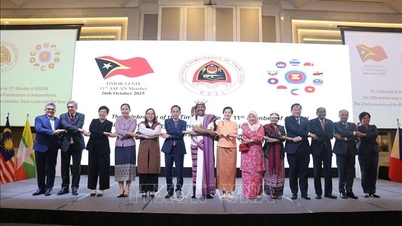












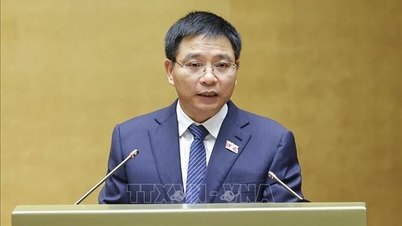













































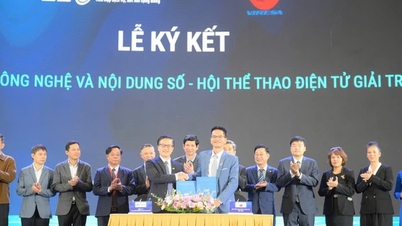




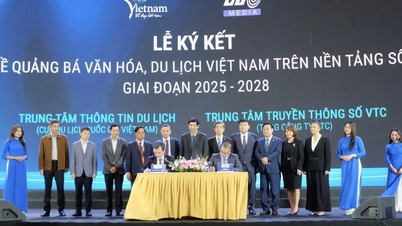
























Comment (0)